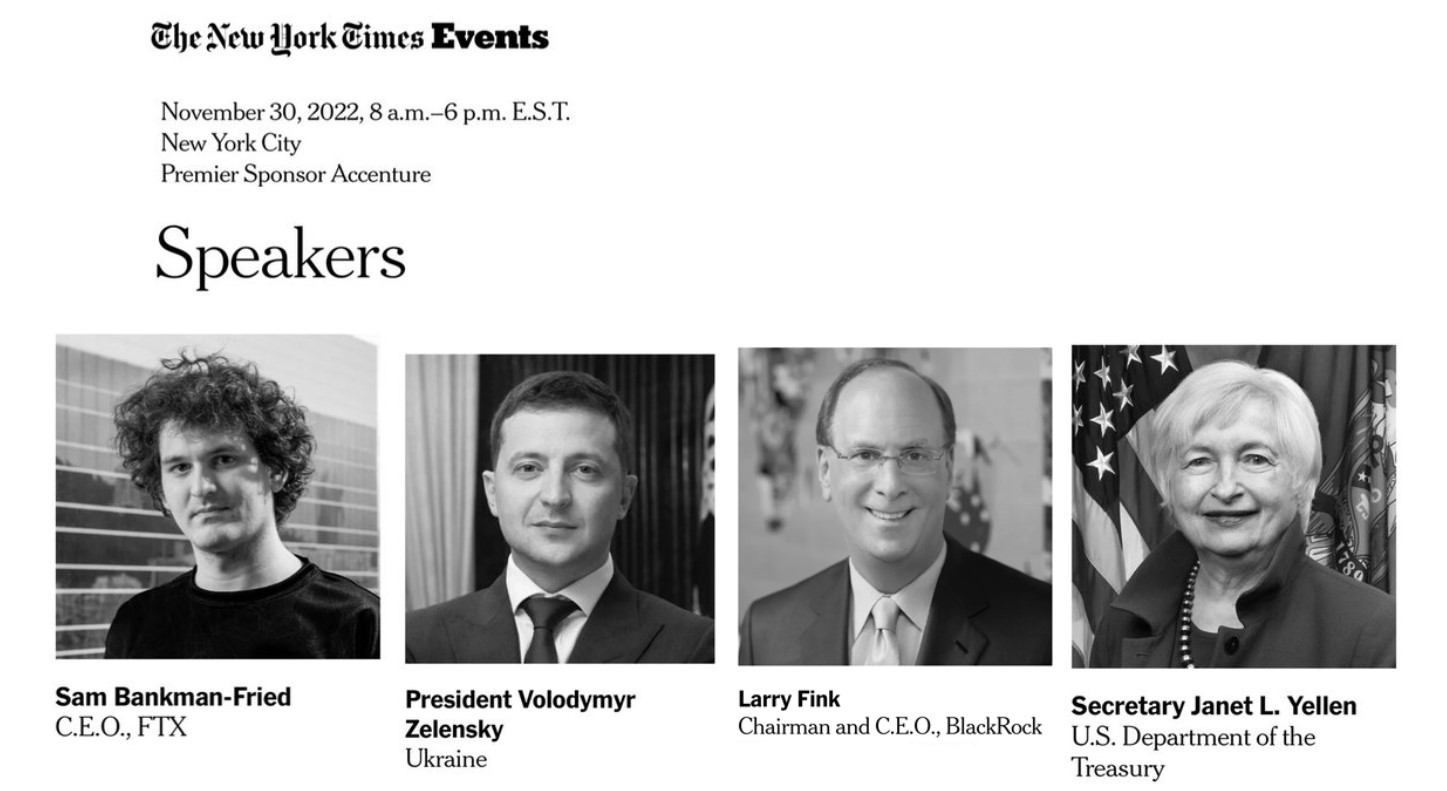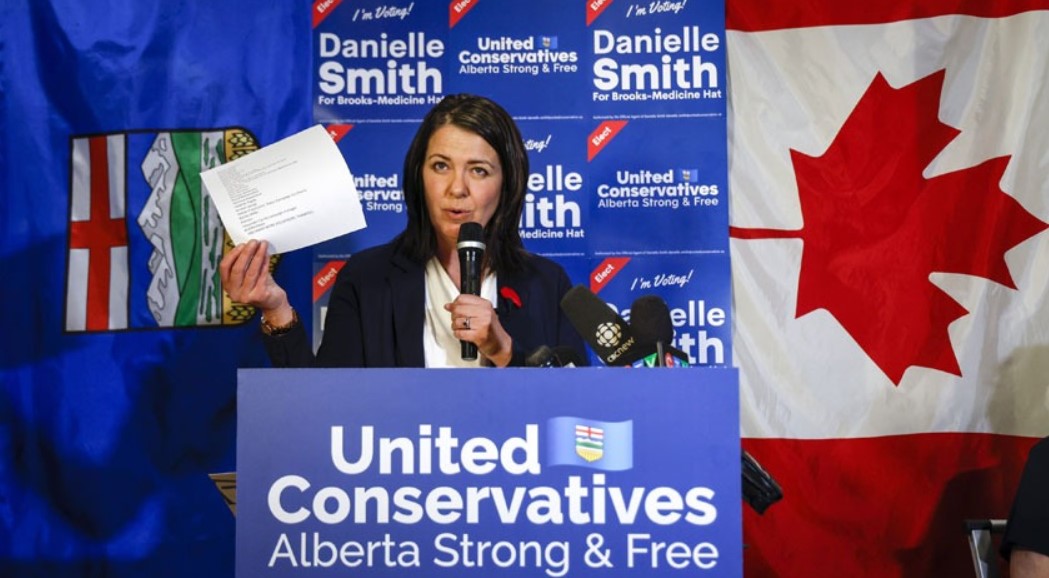The Tel Aviv-based political consulting and lobbying company, the Archimedes Group, had boasted about its ability to “change reality”.
According to the tech giant, the company pushed an influence campaign aimed at disrupting elections in various countries. On its website, Archimedes indeed describes itself as a consulting firm involved in campaigns for presidential elections.
The Associated Press reported that Facebook has since banned the accounts set up for spreading disinformation, deleting 65 Israeli accounts, 161 pages, four Instagram accounts and dozens of groups.
Nathaniel Gleicher, Facebook’s head of cybersecurity policy, told reporters that Archimedes had spent some $800,000 on fake ads since 2012. After Facebook’s ban on Archimedes, Gleicher would however not speculate about its motives, which “may be commercial or political”.
When Facebook discovered “coordinated inauthentic behavior,” with accounts posing as certain political candidates, smearing opponents and presenting as local news organizations peddling supposedly leaked information, the tech giant decided to act.
Archimedes had focused on Sub-Saharan African countries but also on parts of Southeast Asia and Latin America. The pages have racked up 2.8 million followers and hundreds of thousands of views.
Its slogan reads “winning campaigns worldwide,” and the group promised “mass social media management” software, which it said enabled the operation of an “unlimited” number of online accounts.
The site described its “own unique field within the social media realm” and efforts to “take every advantage available in order to change reality according to our client’s wishes”.
Archimedes‘ chief executive is Elinadav Heymann, according to Swiss negotiations consultancy Negotiations.CH, where he acts as one of the group’s consultants.
Heymann is the former director of the Brussels-based European Friends of Israel lobbying group, a former political adviser in Israel’s parliament and an ex-intelligence agent for the Israeli Air Force.
The allegations of Russian interference in the 2016 elections are partly based on the fact that a commercial Russian enterprise used fake characters on Facebook to sell advertisement. A review of the themes and ideological positions those fake characters showed that they were not designed to influence the US elections however.
On Tuesday Russia’s President Vladimir Putin once again rejected US claims that his country interfered in the 2016 elections in the United States after US Secretary of State Mike Pompeo flew to Sochi to meet with Putin and Foreign Minister Sergei Lavrov.
Lavrov pointed to exchanges between the Russian and US governments on the issue that Russia wants to make public but which the US is withholding.
During Pompeo’s first official visit to Russia, the media statements from both sides touched on the election issue.
Lavrov noted: “We agreed on the importance of restoring communications channels that have been suspended lately, which was due in no small part to the groundless accusations against Russia of trying to meddle in the US election.
These allegations went as far as to suggest that we colluded in some way with high-ranking officials from the current US administration. It is clear that allegations of this kind are completely false.”
















